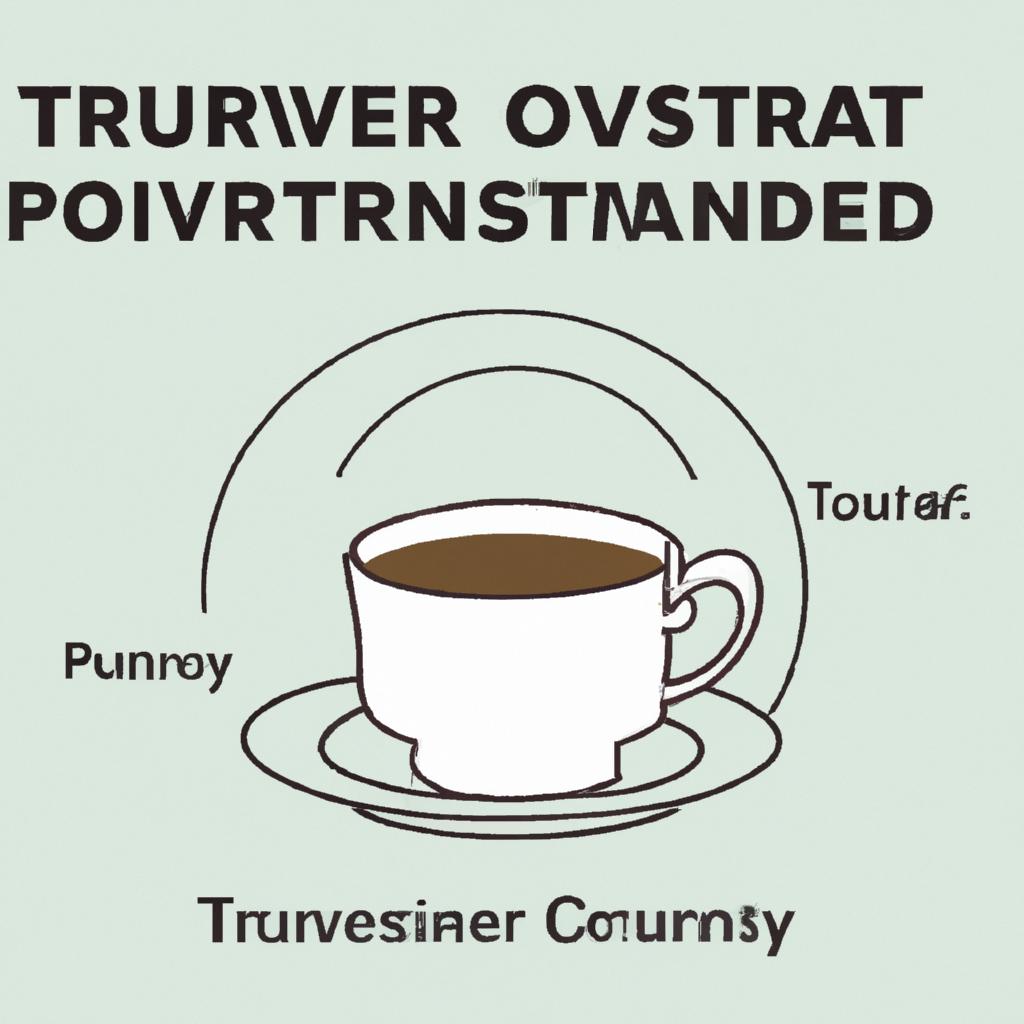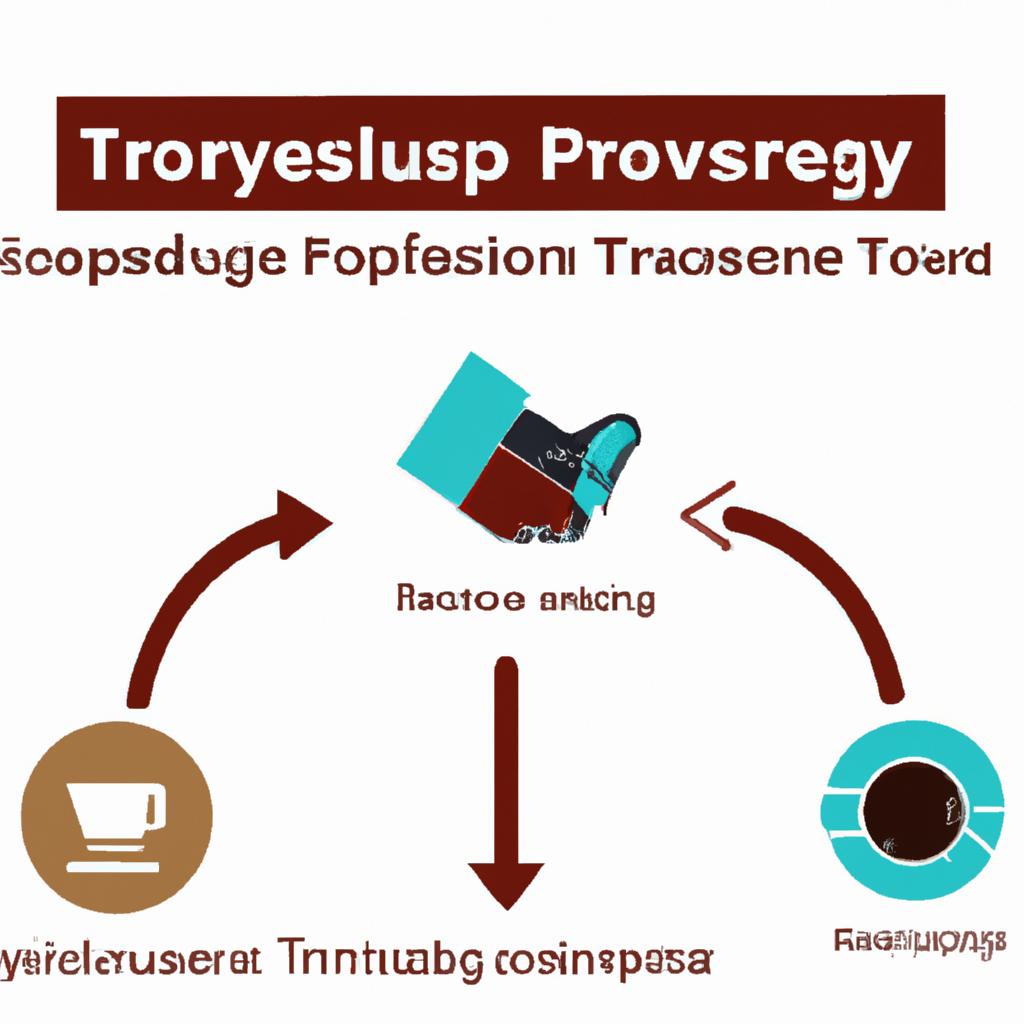In the intricate realm of estate planning, the utilization of a pour-over trust serves as a key tool in seamlessly integrating assets into an existing trust structure. With a reputation for meticulous attention to detail and unwavering commitment to client satisfaction, Morgan Legal Group expertly navigates the complexities of pour-over trusts in order to secure the financial legacies of our esteemed clientele. Based in the vibrant metropolis of New York City, our firm specializes in a diverse range of legal services including estate planning, probate, elder law, Wills, and trusts. Join us as we delve into the nuances of pour-over trusts and explore the unparalleled benefits they offer in safeguarding assets and preserving wealth for generations to come.
Understanding Pourover Trusts: A Comprehensive Guide for Estate Planning
When it comes to estate planning, pourover trusts play a crucial role in ensuring that your assets are distributed according to your wishes. A pourover trust is a legal document that allows you to transfer any assets that were not included in your living trust into the trust upon your death. This ensures that all of your assets are distributed according to the terms of your trust, avoiding the probate process. By understanding the ins and outs of pourover trusts, you can have peace of mind knowing that your estate will be handled according to your wishes.
One key benefit of pourover trusts is that they provide privacy and avoid the public probate process. Since assets transferred to a trust are not subject to probate, the details of your estate remain private and are not disclosed to the public. Additionally, pourover trusts allow for seamless distribution of assets to your beneficiaries according to your instructions, minimizing the risk of disputes among heirs. By working with an experienced estate planning attorney, you can create a pourover trust that meets your specific needs and ensures that your legacy is protected.

Key Benefits of Utilizing a Pourover Trust in Your Estate Plan
One key benefit of utilizing a pourover trust in your estate plan is that it allows you to ensure that any assets not specifically transferred into the trust during your lifetime will be “poured over” into the trust upon your death. This can help to avoid the probate process for those assets and streamline the distribution of your estate.
Another advantage of a pourover trust is that it provides privacy for your beneficiaries since the trust document is not a public record like a Will filed with the probate court. This can help to maintain confidentiality and keep your estate affairs out of the public eye.

Critical Considerations When Setting Up a Pourover Trust
When setting up a pour-over trust, there are several critical considerations that must be taken into account to ensure the trust operates effectively and achieves the desired goals. One key consideration is selecting an appropriate trustee who has the capacity to manage the trust assets responsibly and in accordance with the trust terms. The trustee plays a pivotal role in administering the trust and distributing assets to the beneficiaries, so it is crucial to choose someone who is trustworthy, competent, and capable of carrying out their fiduciary duties diligently.
Another critical consideration when setting up a pour-over trust is determining the beneficiaries and specifying their respective interests in the trust property. By clearly defining the beneficiaries and their entitlements in the trust document, you can avoid potential disputes or challenges in the future. Additionally, it is essential to carefully consider the terms and conditions of the trust, including any limitations on distributions, provisions for contingencies, and mechanisms for amending the trust if necessary. By addressing these key considerations upfront, you can create a comprehensive pour-over trust that meets your specific needs and protects your assets for future generations.

Recommendations for Maximizing the Efficiency of Your Pourover Trust Strategy
When implementing a pourover trust strategy, it is essential to follow certain recommendations to maximize its efficiency. First and foremost, ensure that all assets are properly titled in the name of the trust to avoid probate. This includes real estate, bank accounts, investments, and any other valuable assets. By transferring ownership to the trust, you can streamline the distribution process and avoid delays and costs associated with probate.
Additionally, regularly review and update the beneficiaries listed in your trust to reflect your current wishes and circumstances. Consider appointing a successor trustee who can step in and manage the trust in case you become incapacitated or pass away. Keep thorough and organized records of all trust-related documents, including deeds, financial statements, and legal agreements, to facilitate easy access and efficient management of the trust. By following these recommendations, you can ensure that your pourover trust operates smoothly and effectively.
Q&A
Q: What is a “pourover trust”?
A: A pourver trust is a type of trust that is designed to “catch” any assets that have not been transferred into the trust before the grantor’s death.
Q: How does a pourver trust differ from a standard trust?
A: A pourver trust is created in conjunction with a will, and its purpose is to ensure that any assets not specifically listed in the trust are still distributed according to the grantor’s wishes.
Q: What are the benefits of a pourver trust?
A: A pourver trust can help streamline the probate process by ensuring that all of the grantor’s assets are accounted for and distributed as intended. It can also offer added flexibility and control over the distribution of assets.
Q: Are there any drawbacks to using a pourver trust?
A: One potential drawback of a pourver trust is that it may not account for all of the grantor’s assets, leading to unintended consequences in the distribution of assets. Additionally, pourver trusts may add complexity to the estate planning process.
Q: Who can benefit from setting up a pourver trust?
A: Anyone who wants to ensure that all of their assets are distributed according to their wishes and minimize the potential for disputes among beneficiaries may benefit from setting up a pourver trust.
The Conclusion
As we conclude our exploration of pourover trust, it becomes clear that this concept is more than just a financial strategy – it is a mindset that focuses on preparation, flexibility, and building relationships. By understanding the importance of establishing a pourover trust, individuals can navigate unpredictable circumstances with confidence and ensure that their assets are protected for future generations. So, remember to approach your estate planning with thoughtfulness and consideration, and embrace the power of pourover trust to secure your legacy for years to come. Thank you for joining us on this journey of understanding and learning.
 Pourover Trust: A Comprehensive Guide for Estate Planning
Pourover Trust: A Comprehensive Guide for Estate Planning
As the saying goes, “the only two certain things in life are death and taxes.” While neither are pleasant to think about, it’s important to plan for them in order to ensure your loved ones are taken care of after you’re gone. That’s where a pourover trust comes in. This type of trust is a useful tool for estate planning that can provide peace of mind and simplify the process for your beneficiaries. In this comprehensive guide, we will explore everything you need to know about pourover trusts, from its definition and benefits to how to create one and important considerations to keep in mind.
What is a Pourover Trust?
A pourover trust is a type of revocable living trust that is designed to work in conjunction with a person’s last will and testament. It allows assets to “pour over” into the trust upon the death of the individual, hence the name. This means that assets such as real estate, bank accounts, investments, and other valuable belongings will be transferred to the trust after their death. The trust then becomes the legal owner of those assets, and they are managed and distributed according to the trust’s terms.
Benefits of a Pourover Trust
There are several benefits to creating a pourover trust as part of your estate plan. Here are some of the main advantages:
1. Probate Avoidance
One of the biggest reasons people choose to create a pourover trust is to avoid probate. This is because assets placed in a trust do not have to go through the probate process, which can be lengthy, time-consuming, and costly. By having assets go directly into the trust, beneficiaries can avoid the probate process altogether.
2. Asset Protection
Pourover trusts can also offer asset protection against creditors and lawsuits. Since the assets are held in a trust, they are no longer considered personal assets and are shielded from any claims against you or your beneficiaries.
3. Privacy
Wills are public records, which means anyone can access them and know details about your estate and beneficiaries. In contrast, pourover trusts do not have to go through the probate process, and therefore, your beneficiaries’ privacy is preserved.
4. Flexibility
With a pourover trust, you have more control over how your assets are managed and distributed. You can designate a trustee to handle the assets in the trust and specify how and when the assets will be distributed to your beneficiaries.
How to Create a Pourover Trust
Creating a pourover trust is a relatively straightforward process. Here’s a step-by-step guide to help you get started.
Step 1: Determine Your Goals and Needs
Before creating a pourover trust, it’s important to understand what your goals and needs are for your estate plan. This can include identifying your beneficiaries, deciding on how and when you want your assets to be distributed, and appointing a trustee to handle the trust.
Step 2: Seek Professional Help
While it’s tempting to create a pourover trust yourself, it’s highly recommended to seek professional help from an estate planning attorney. They can ensure that the trust is properly drafted and executed, and that it aligns with your goals and works with your other estate planning documents.
Step 3: Fund Your Trust
Once your trust is created, you’ll need to transfer ownership of your assets to the trust. This is called funding the trust and involves retitling assets, such as bank accounts and real estate, to the name of the trust.
Step 4: Keep Your Trust Updated
It’s important to keep your trust updated, especially when changes occur in your life, such as marriage, divorce, or the birth of children. This will ensure that your trust accurately reflects your wishes and that your assets are distributed according to your current wishes.
Important Considerations for Pourover Trusts
While pourover trusts offer many benefits, there are also some important considerations to keep in mind when creating one as part of your estate plan. Here are a few things to consider:
1. Cost
Creating and funding a trust can be more costly compared to a will, but it may ultimately save your beneficiaries time and money in the long run by avoiding probate.
2. Management Fees
If you appoint a professional trustee to manage your trust, they will charge a fee for their services. Make sure to consider this when budgeting for your estate plan.
3. Estate and Income Taxes
Establishing a pourover trust does not necessarily reduce your estate or income taxes. However, it can protect your assets from being eaten up by these taxes.
In Conclusion
In conclusion, pourover trusts are a valuable tool for estate planning as they provide numerous benefits such as probate avoidance, asset protection, privacy, and flexibility. By following the steps outlined in this guide and seeking professional help, you can create a pourover trust that aligns with your goals and protects your assets for your loved ones. Just remember to keep your trust updated and take into consideration any potential costs and fees. With a pourover trust in place, you can have peace of mind knowing that your assets will be taken care of after you’re gone.





